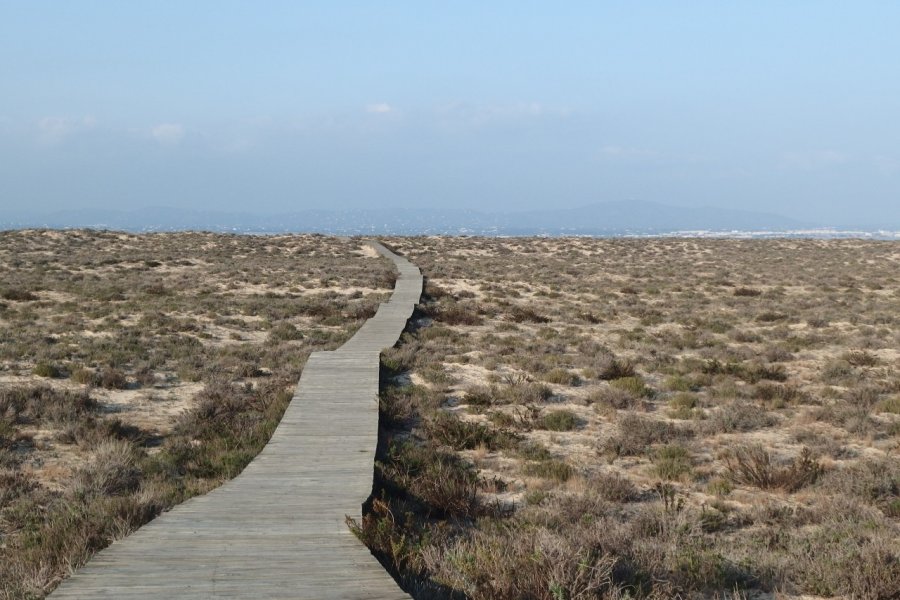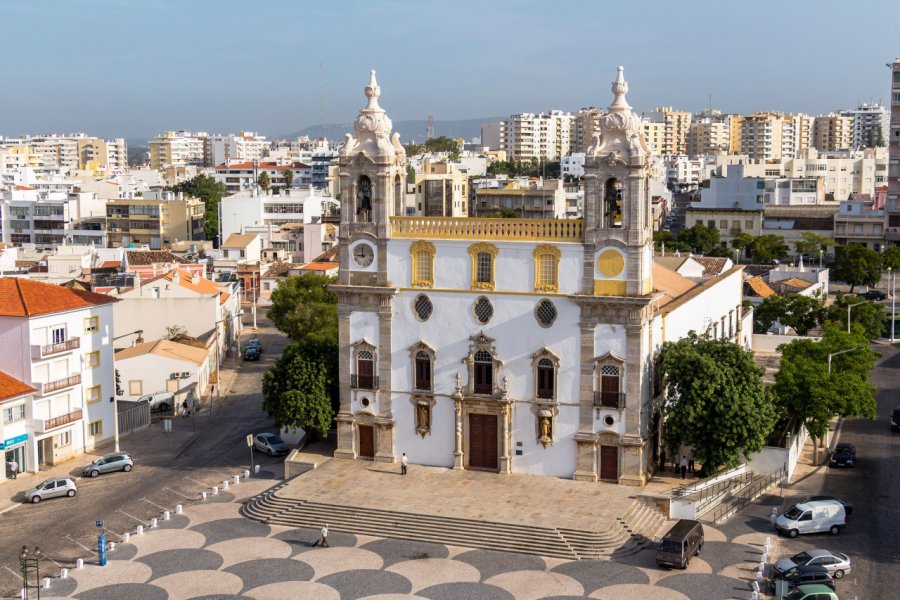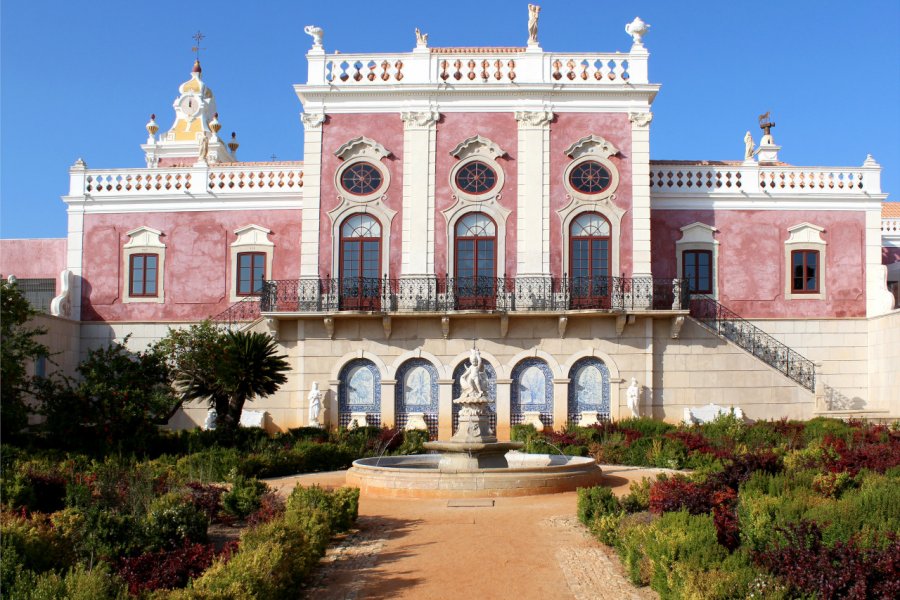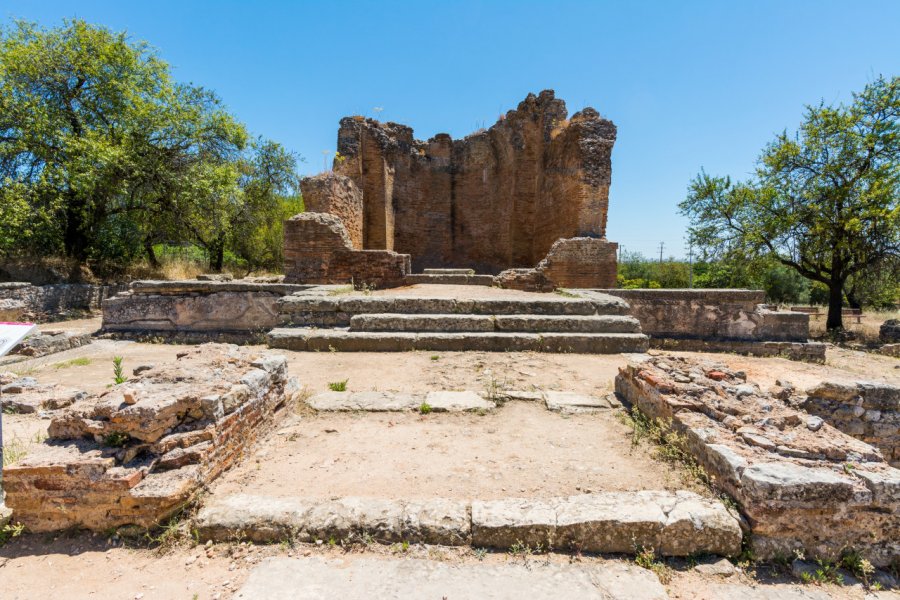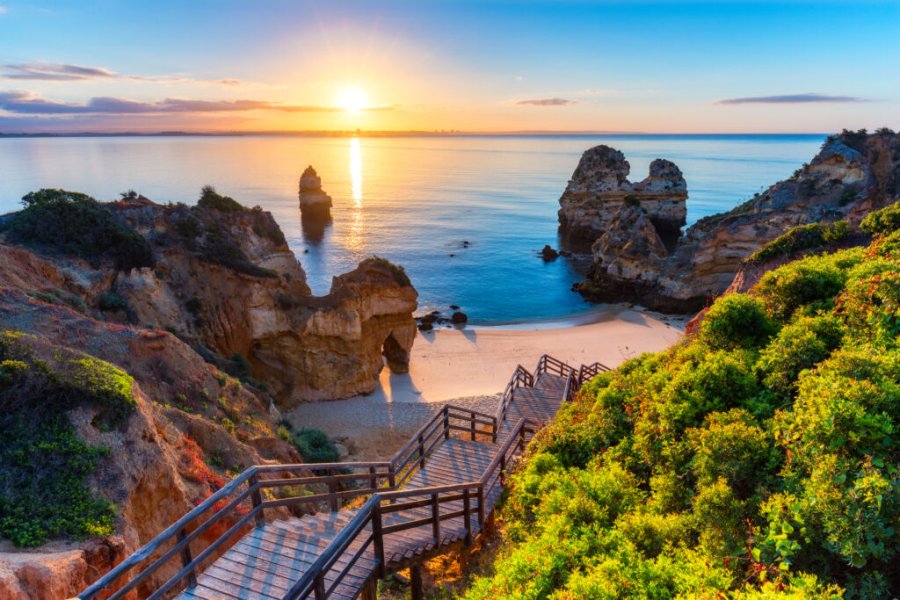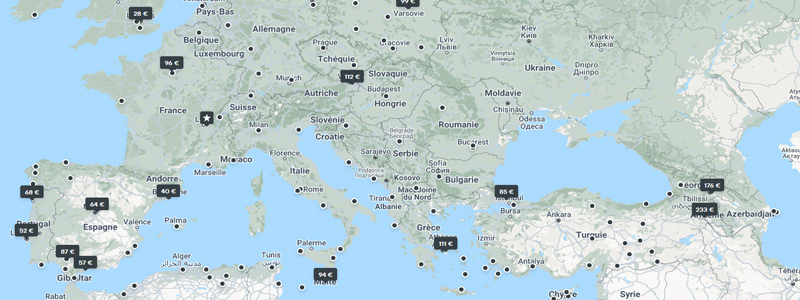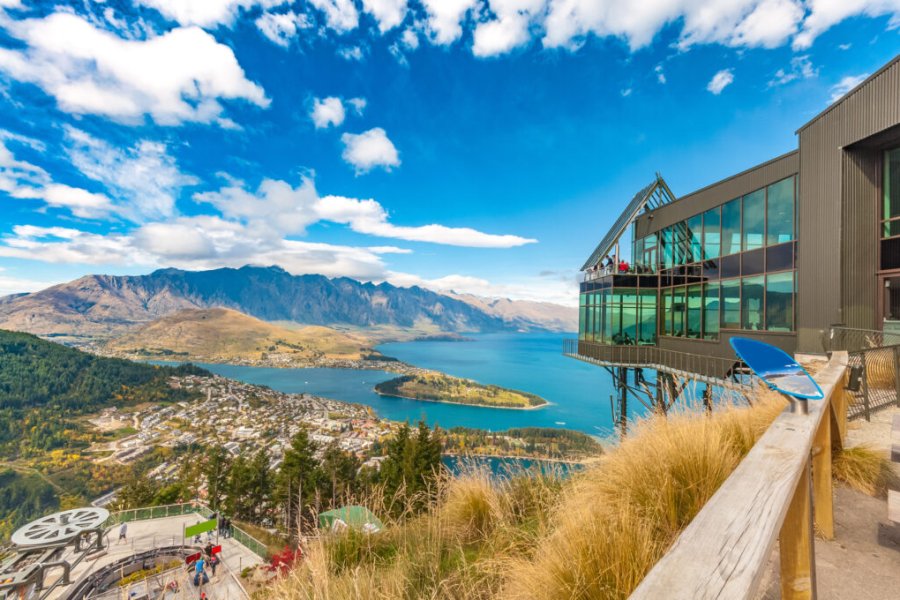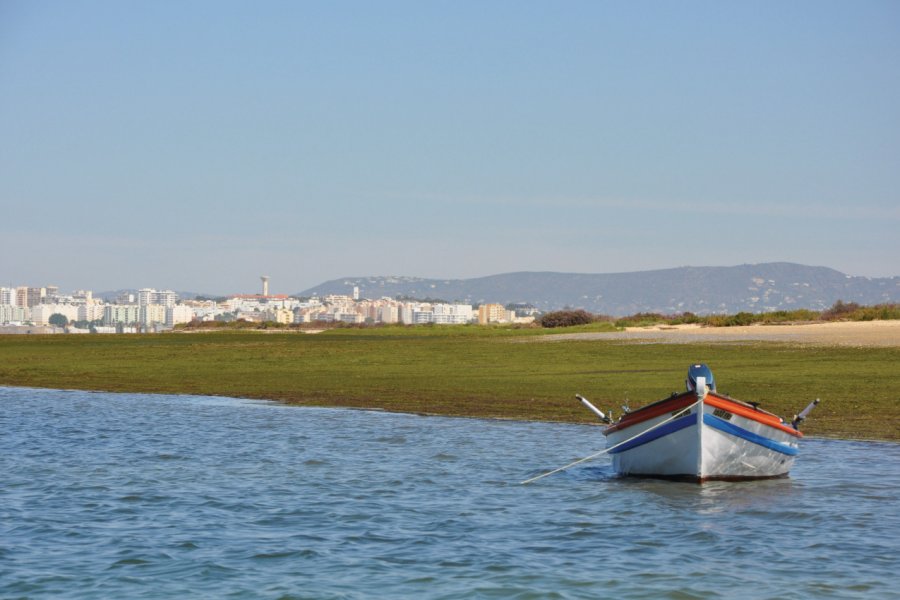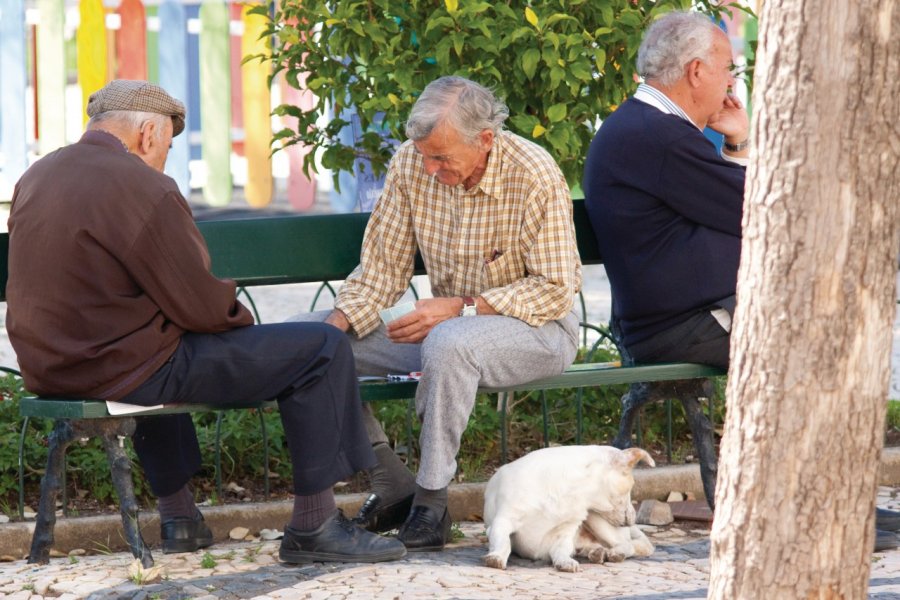Travel Guide Faro
Capital of the Algarve, in the south of Portugal, Faro is distinguished by its beautiful historic centre coiled behind its walls. There is a Gothic cathedral, built in the 13th century, an episcopal palace, pretty little cobbled streets, but also the emblematic Arco da Vila gate, a monumental arch of neoclassical architecture, in the heart of the old Moorish wall. But Faro's most famous and surprising monument is certainly the Capela dos Ossos, the famous bone chapel, a building with a macabre atmosphere, where the bones of more than 1,000 monks are displayed. Take a breath and walk through the peaceful Jardim Manuel Bivar where you can sit on the terrace of a small café. Outside the city walls, it is another lively city centre with pedestrian shopping streets, superb squares and a multitude of bars and restaurants to suit all tastes and budgets. You should visit the municipal museum, housed in a 16th century convent, rich in prehistoric and medieval objects, as well as religious works of art. Faro is also a coastal city with a fishing port and a marina. And if you stay several days in Faro, take the opportunity to discover the surroundings. For example, plan a small boat cruise in the Parque Natural da Ria Formosa, walk along the deserted beaches of Ilha Deserta, stop off on the fishermen's island of Ilha da Culatra, or in a very different register, in the dynamic seaside resort of Praia de Faro.
What to visit Faro?
When to go to Faro?
When to go to the Algarve and Faro in particular? For those who can choose, the best times to visit the Algarve are spring (when some popular festivals are held), early summer (with its many festivals) before August (when most Portuguese, English and Dutch people take their long vacations and tourism prices are higher) and fall. Spring and autumn correspond to the mid-season and are ideal seasons to enjoy the beautiful mild climate of the southern coast of Portugal while avoiding the crowds and heat of the high season. To the question "when to go to the Algarve", June and September are two very good answers. But Faro, which has a very mild climate, can certainly be visited all year round, and this small capital city does not suffer from the off-season like some seaside resorts. Having said that, why not go to this destination from December to February, when the accommodation places offer sacrificial prices? Or at Christmas, when the city is in full festive swing.
Weather at the moment
The weather in the Algarve in general and in Faro in particular has a strong character. In Faro, count on an average of 12°C in winter, 16°C in April, 26°C in August, 19°C in October and 13°C in December, with rainfall from November to February. Average temperature in the Algarve over the year: 18 °C. The west is sunny most of the year with very pleasant temperatures until late November. Sea surface temperature: 15 to 16 °C in January, and 22 to 25 °C in August.
All the Portuguese say it: the Algarve is an expensive region. This is due to the excessive number of tourists in certain areas during the summer. But this cliché is not without hiding strong disparities, even within cities reputed to be "expensive" such as Albufeira or Faro. There is always a way to find cheap addresses with excellent value for money.
For European Union citizens, an identity card or passport (even if expired within the last five years) is sufficient to enter Portugal. For unaccompanied minors, an authorization to leave the country is required (forms can be obtained at the town hall or police station). Canadians are not required to obtain a visa for Portugal if their stay is less than three months. For Swiss citizens, a valid identity card or passport is required. For students, an international student card (ISIC card) can give you many discounts (transport, accommodation, leisure, culture) all over the world, including Portugal.
There are no particular risks to report when going to Portugal. No vaccinations are recommended to travel to the Algarve. However, it may be useful to check that your vaccinations are up to date. Before leaving, bring your "carte Vitale" and go to a Social Security office and ask for a temporary European health card. The paper that will be given to you immediately will serve as a card until you receive the official card, valid for one year. The same procedure is possible on the Ameli website by going to your account. With this form, if you are sick, your medical expenses at the hospital will be covered without having to pay in advance, as well as in case of an accident. As for drinking water, you should avoid drinking tap water in the Algarve. Instead, use bottled mineral water.
Practical information
- When to travel?
- Weather forecast
- Budget
- Formalities
- Health
- How to travel by yourself?
- How to get organized?
- Getting around
Media
How to go to Faro? Our advice & tips
There are many tour operators and specialists in the region willing to concoct for you a tailor-made trip, an organized tour, a family vacation or an all-inclusive stay in the Algarve, its cities and hinterland, or two or three days in Faro, or even a week to see and discover everything. This destination well mastered by tourism professionals, you will find many offers on the market.
To get to Faro, the capital of the Algarve, you can choose to fly, since this city has an airport. Fares vary enormously depending on the city of departure, the period and the time of anticipation of booking the ticket. In high season, a low cost return flight from France for example is around 200 €, against 80 € in low season. To get good rates, it is essential to book well in advance. You can also go to Faro with your own vehicle, an option that allows you to get around efficiently.
If you don't have your own car or a rental car, which allows you to move around easily, you can still get around Faro: public transport works very well and cabs are numerous and relatively cheap. From Faro trains and cheap buses allow you to visit the surroundings. Regular boats leave from the port to take you to the islands and some coastal destinations.
